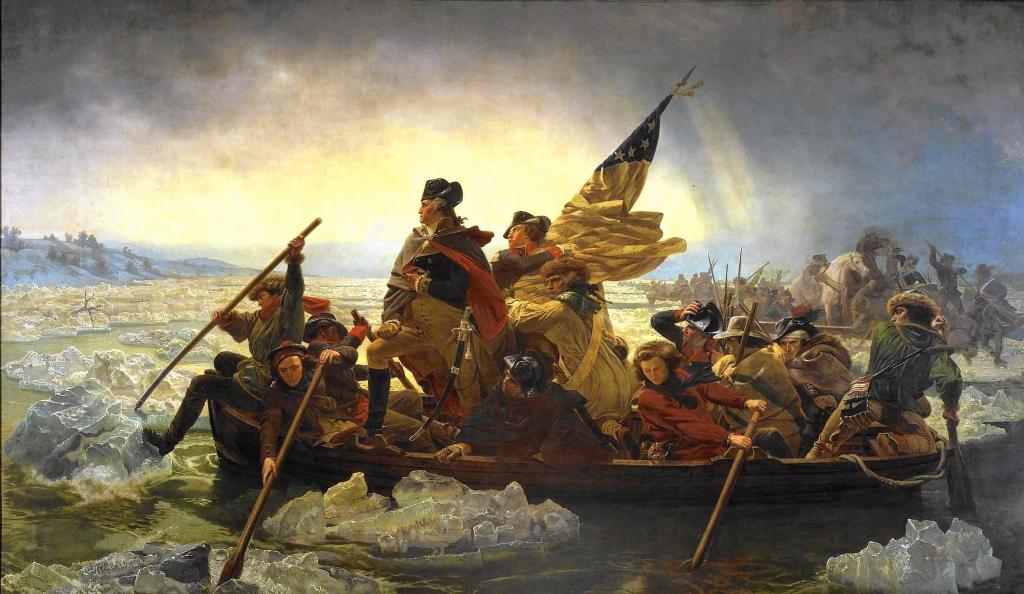It was 248 years ago that our forefathers — yes, it was only men — pledged their lives, fortunes and sacred honor and signed the Declaration of Independence severing the bonds of 13 colonies from England and proclaiming the United States of America. Today, millions of people around the world remain under the thumb of regimes more abusive and repressive than the one that subjected 2.5 million people to taxation without representation and other indignities.
The world must work hard to hear the cries of these populations. We should recognize the devious ways technology, which can and should be the best friend of the oppressed, all too often has become a powerful tool to stifle dissent and amplify lies and illegitimate power. We should wish for revolutions that are peaceful if possible, but understand there may be times when violence is necessary.
While the grievances in the declaration are particular, the document is timeless, especially the assertions (dishonored by in those days by slavery and other evil institutions) that: “all men are created equal, that they are endowed by their Creator with certain unalienable Rights, that among these are Life, Liberty and the pursuit of Happiness”; and “that to secure these rights, Governments are instituted among Men, deriving their just powers from the consent of the governed; and “that whenever any Form of Government becomes destructive of these ends, it is the Right of the People to alter or to abolish it, and to institute new Government.”
Today, Freedom House calls 56 countries “not free,” lacking the basic respect for free speech and association, the right to vote, the right to worship and more. They include Syria, North Korea, Sudan and South Sudan, Turkmenistan, Somalia, Yemen, Saudi Arabia, China, Iran and Cuba.
Bromides about the universality of human rights notwithstanding, not every North Korean or Syrian or Chinese wants the same things we want. The United States must be careful not to impose its preferences on others; down that road lies bloody and strategically dangerous foreign entanglements.
But when there is a genuine hunger to cast off the chains of oppressive regimes, as happened during the Arab Spring, the free world should offer support. It should deliver capabilities that act as a counterweight to the increasingly sophisticated and potent tools wielded by governments to monitor online communications, suffocate the free press and prevent people of like minds from finding support inside and outside their borders. Social media can and should help set people free. The same can be true of encrypted communications platforms.
This is no easy task. Every time internet innovators find a way to empower the many, parallel advances simultaneously empower those seeking to track, intimidate and prevent popular uprisings. Countries run by controlling autocrats go to great lengths to clamp down on the opposition and maintain the upper hand.
When a functioning democracy is established, it (imperfectly) registers the preferences of its people. In dozens of nations today, governments control people and not the other way around. Revolutions, whether gradual or rapid, are in order.
